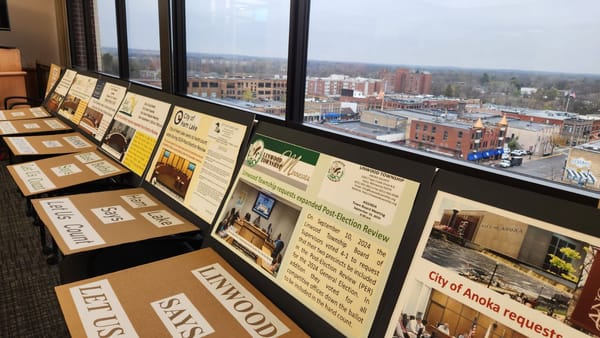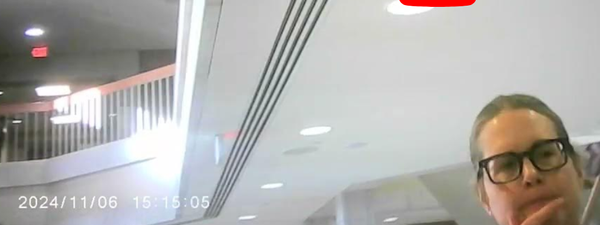An Invitation to Vulnerability
The ever present and abiding undercurrent of our natural state

Vulnerability is not a weakness, a passing indisposition, or something we can arrange to do without, vulnerability is not a choice, vulnerability is the underlying, ever present and abiding undercurrent of our natural state. To run from vulnerability is to run from the essence of our nature, the attempt to be invulnerable is the vain attempt to become something we are not and most especially, to close off our understanding of the grief of others. More seriously, in refusing our vulnerability we refuse the help needed at every turn of our existence and immobilize the essential, tidal and conversational foundations of our identity.
This essay on vulnerability from Consolations: The Solace, Nourishment and Underlying Meaning of Everyday Words by David Whyte makes the point that vulnerability is after all and unavoidably the natural state of human beings.
In reading the essay aloud, my wife commented that Whyte has a way of saying well-understood concepts plainly, but also to insert a surprising phrase you weren’t expecting. In other words, Whyte relates to his reader, then puts forth a challenge.
The line ending with “to close off our understanding of the grief of others” particularly struck me. What does Whyte mean by this?
I’ve sat with this phrase for a few weeks, and although I cannot know what Whyte intended, for me I went to a place where I thought of loved ones already passed from unexpected cancer or on the edge of conversations with death, and sitting with those thoughts allowed me to see where turning away would indeed destroy a pathway toward empathy or compassion. Because of how affecting inhabiting vulnerability might be, I wonder if there are limits to our ability to live there, say, in the course of a given day, or stretch of days. Nietzsche’s observation that the test of a person is how much truth he can tolerate seems related.
Shortly after reading this essay, I attended a workshop whose focus was to explore vulnerability—wherein one exercise was to stare into a fellow participant’s eyes uninterrupted for 90 seconds, another was to list our shame gremlins à la Brené Brown’s work on the same subject.
This practice and attention to vulnerability since has shown me a glimpse of vulnerability’s discomfiting textures, and how trying it on, or easing into its seemingly claustrophobic spaces, might aid me in life’s many settings. (For a living example of recent vulnerability, I recited an original poem in that same workshop and have begun the work on this essay series--shall we call them short book reviews?--which I’m publishing here for hundreds of readers.)
Whyte boldly goes on to discuss 'robust vulnerability’—that is—taking on an attitude of acceptance with regard to our natural state, that “To have a temporary, isolated sense of power over all events and circumstances, is a lovely illusionary privilege and perhaps the prime and most beautifully constructed conceit of being human and especially of being youthfully human, but it is a privilege that must be surrendered with that same youth, with ill health, with accident, with the loss of loved ones who do not share our untouchable powers; powers eventually and most emphatically given up, as we approach our last breath.”
There is vulnerability in the presence of, and with, others, but also with oneself. We are constantly hiding important matters from ourselves, just around the corner, in the shadows, out of sight.
The essay concludes with an alternative:
The only choice we have as we mature is how we inhabit our vulnerability, how we become larger and more courageous and more compassionate through our intimacy with disappearance, our choice is to inhabit vulnerability as generous citizens of loss, robustly and fully, or conversely, as misers and complainers, reluctant and fearful, always at the gates of existence, but never bravely and completely attempting to enter, never wanting to risk ourselves, never walking fully through the door.
If you choose to pick up Consolations: The Solace, Nourishment and Underlying Meaning of Everyday Words by David Whyte, you won’t be disappointed, especially if you keep it by your bedside, as Elizabeth Gilbert of Eat, Pray, Love also suggests, for then you’ll not be alone; although after reading Whyte’s entry on Alone, you won’t be so afraid of such a place anyway. For aloneness, like vulnerability, is a tidal and conversational foundation of your identity.




